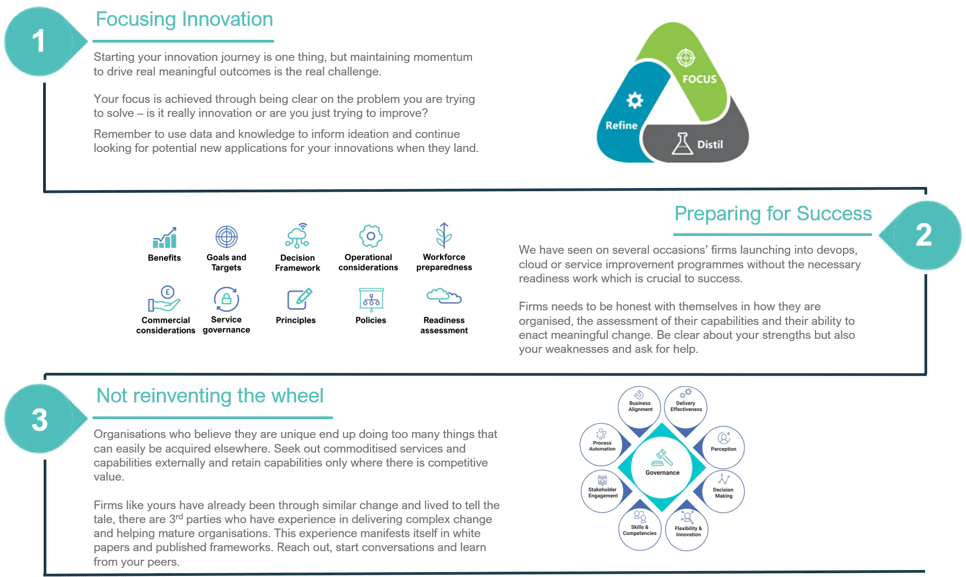Many businesses are resistant to change, but none are more set in their ways than firms in the legal sector. In a time of such huge societal change, firms are at risk of falling behind and losing clients to their competition. This is why it is vital for legal firms to adapt and innovate in order to stay one step ahead of the curve.
Law firms used to thrive off the personalized experience between client and lawyer. Coffeeshop meetings, friendly face-to-face interactions and pure expertise was imperative to creating client trust in a firm and its partners. It was this connection that separated the good law firms from the truly great ones.
The recent COVID pandemic has turned this entire system of working on its head. Without personal connection, clients can no longer be persuaded to stay loyal to one firm over another. There’s no safety-net of loyal customers.
COVID has also forced the tightening of clients’ wallets. With an economy in the throes of a recession, clients don’t want to spend money where they don’t think it’s needed. Soft budgets are out of the window, and firms cannot afford to fail to adapt to this change in clientele.

To differentiate themselves from others, law firms have to start creating new products and sales techniques beyond legal advisory services. The reputation built up by partners over innumerable years of work must be supplemented by a wider range of services to fit the current needs of clients.
This reluctance to change, or to try a new approach, is unsurprising for an industry that heavily relies on their history to guide their future. Good law firms and good law practice is built on the foundations of precedent. Cases are often resolved successfully when previous instances of similar cases are studied and learnt from, producing an entire sector that is guided on the actions and outcomes of events before them.
Technology is one of the main areas where law firms have been particularly slow to adapt. Seen as a tool rather than its own division of business, technology is woefully under-utilized when we consider the leaps and bounds that it has developed over the past 20 years.

Technology is no longer limited to basic financial and billing services or document storage. These are now basic, automated functions of any IT service in any business. In fact, technology can offer invaluable services in the forms of:
- Automated processes, relieving fee-earners of repetitive, non-chargeable work.
- Real or near-time client conflict checks, reducing exposure to risk.
- Using data to provide actionable business insights, helping to steer the firms’ strategic goals.
- Better resource management, allowing the firm to make best use of its chargeable pool
- Improved service levels and reduced costs from 3rd party suppliers, simply by bench-marking existing contracts.
By embracing and implementing new and improved working practices, in-house legal teams are managing to stay afloat in the storm of the pandemic. But with BREXIT on the horizon as well as a COVID-induced recession, firms will have to go even further to future-proof their business.
Our research has identified 3 key habits of successful change ready organisations, that if enacted can help set you on the right path.

Peru is a catalyst for your firm adaptability in uncertain and unpredictable times. Our consulting services are tailored for each client to provide a personalized route to innovation, better team management and a change in culture that can ensure firms are ready to adapt to not just the societal change brought on by COVID, but to all those changes that are yet to come.
For more information please contact Peru Consulting:
Email: info@peruconsulting.co.uk
For more detail on our experience please visit:



